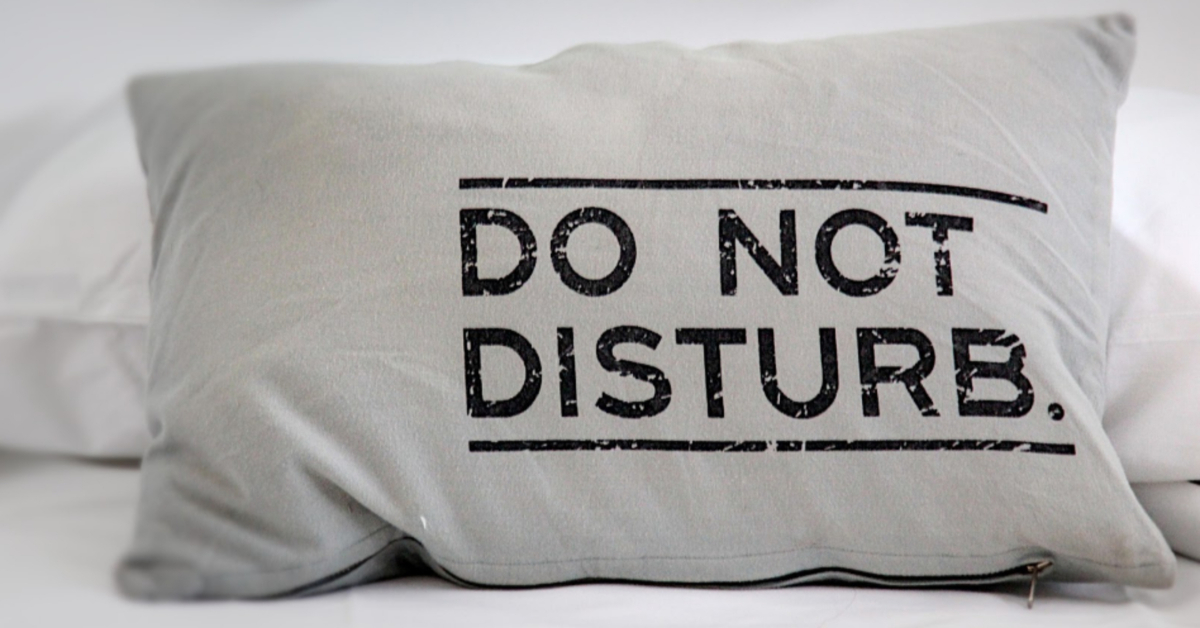 So, you’re on a weight loss crusade. And you’ve decided that you’ll do whatever it takes to get into the best shape of your life. See, you’ve been reading up on the clinical literature about weight loss. And you know what to do and what to avoid.
So, you’re on a weight loss crusade. And you’ve decided that you’ll do whatever it takes to get into the best shape of your life. See, you’ve been reading up on the clinical literature about weight loss. And you know what to do and what to avoid.
You’ve studied the Minnesota Starvation Experiment and you know that dramatic caloric restriction is likely a terrible idea. You’ve also come to understand the importance of limiting refined sugar in your diet. And you’re committed to doing short bouts of intense exercise now and then.
So far so good. But what if, despite all your best efforts, you don’t seem able to increase your energy levels. And your fat just doesn’t seem to want to budge?
Well, there can be a few reasons But a lack of sleep may just be the biggest. Here are some reasons why sleep deprivation can sabotage your weight loss efforts. And why sleeping more might just be the key to weight loss success.
Sleep deprivation makes you pre-diabetic
In his book, “Why We Sleep”, Matthew Walker says that insufficient sleep disrupts blood sugar. This is true even if you sleep just a bit less than needed. And you could actually test as pre-diabetic as a result.
Sleep deprivation causes insulin resistance which makes it impossible to lose substantial amounts of body fat. This condition will also devastate your mood and energy levels. It will cloud your mind. And it will leave you fighting tooth and nail just to get through the day.
Suffice to say, none of that is a good recipe for successful weight loss.
Sleep deprivation chronically boosts cortisol
Sleep deprivation can be just as traumatic for your body as emotional stress. Research has found that shift workers experience chronically elevated levels of the stress hormone cortisol. And sleep deprivation, in general, is known to be a very stressful experience for the body.
Don’t be fooled into thinking that the only repercussion of these stress hormones is an agitated mood. Chronically elevated hormones will destroy your muscle and organ tissue and damage your ability to form memories. Plus research suggests these stress hormones are a key factor in the prevalence of obesity.
In a more general sense, chronically elevated cortisol levels has psychological repercussions. They can damage your self-esteem. Which can make you less likely to go out and engage in the world. And this can make it harder to do things like go to the gym in the first place.
Sleep deprivation increases hunger pangs
Researchers have found evidence that sleep deprivation leads to a cascade of hormones and chemicals in the body. These hormones significantly increase hunger pangs. And simultaneously, they reduce your willpower.
This appears partly driven by a spike in endocannabinoids within the body. These substances are chemically similar to those found in hunger inducing marijuana. Sleep deprivation also seems to significantly boost the “hunger hormone” ghrelin.
Suffice to say, being extra hungry all the time isn’t great when weight loss is your goal.
Sleep deprivation makes you more likely to crave sugar
There are studies that show that people are more likely to crave fattening foods after a bad night’s sleep. This makes sense since these foods make you feel more temporarily energetic. When you’re tired, it’s so difficult to concentrate or motivate yourself.
You know you run for that cup of coffee when you’re sleepy. But you might be less aware that’s why you’re grabbing that doughnut. But you’re so likely to choose processed carbs and high sugar treats when you’re dragging yourself through your day. The quick energy these provide is addictive.
You have enough to overcome when you’re losing weight. Sugar cravings are not something you wamt to deal with.
And now you know about the sleep deprivation/ weight loss connection. It’s not all about diet and exercise. Focusing on factors like sleep deprivation can push you out of that diet slump and potentially get your weight loss plan back on track!
(This post contains affiliate links)
*Photo courtesy of Pixabay


